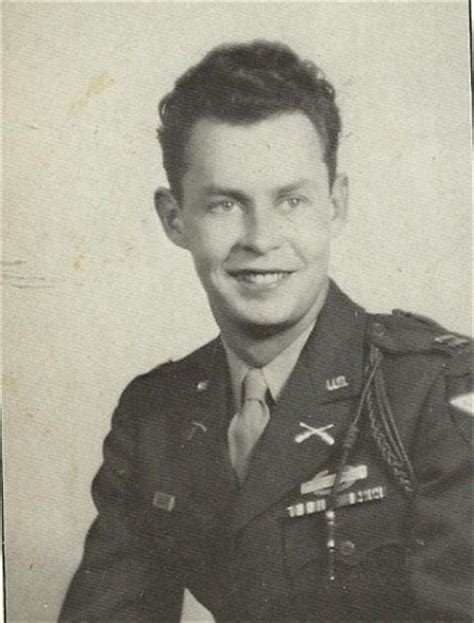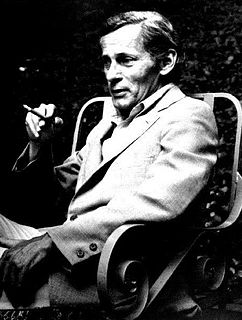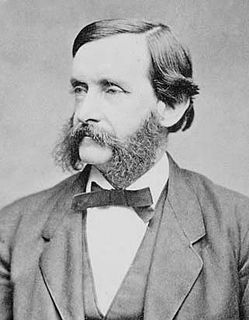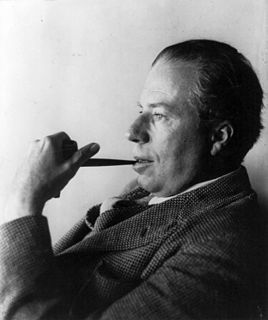A Quote by Henry Miller
The Englishman, be it noted, seldom resorts to violence; when he is sufficiently goaded he simply opens up, like the oyster, and devours his adversary.
Related Quotes
The Englishman's strong point is his vigorous insularity; that of the American his power of adaptation. Each of these attitudes has its perils. The Englishman stands firmly on his feet, but he who merely does this never advances. The American's disposition is to step forward even at the risk of a fall.
His head is busy moving between my parted thighs. He makes low purr-like sounds between my legs and is so surprisingly ravenous I can feel his teeth. His nails bit into my thighs as he devours me like he's the one deriving pleasure from the act, and I'm so turned on by the way he laps me up, that I come.
No one is fit to encounter an adversary's case successfully unless he can make it for a moment his own, unless he can put it more forcibly than the adversary could put it for himself, and take account not only of what the adversary says, but also the best he MIGHT say, if only he had chanced to think it.
Great lecturers seldom hesitate to use dramatic tricks to enshrine their precepts in the minds of their audiences, and at Yale perhaps Chauncey B. Tinker was the most noted. To read one of his lectures was like reading a monologue of the great actress Ruth Draper--you missed the main point. You missed the drop in his voice as he approached the death in Rome of the tubercular Keats; you missed the shaking tone in which he described the poet's agony for the absent Fanny with him his love had never been consummated; you missed the grim silence of the end.
Hitler was such an anomalous character - he was so over-the-top chaotic in his approach to statesmanship, his manner and in the violence which overwhelmed the country initially. I think diplomats around the world... felt like something like that simply would not be tolerated by the people of Germany.
Against the vast majority of my countrymen, even at this moment, in the name of humanity and civilization, I protest against our share in the destruction of Germany. A month ago Europe was a peaceful comity of nations; if an Englishman killed a German, he was hanged. Now, if an Englishman kills a German, or if a German kills an Englishman, he is a patriot, who has deserved well of his country.







































